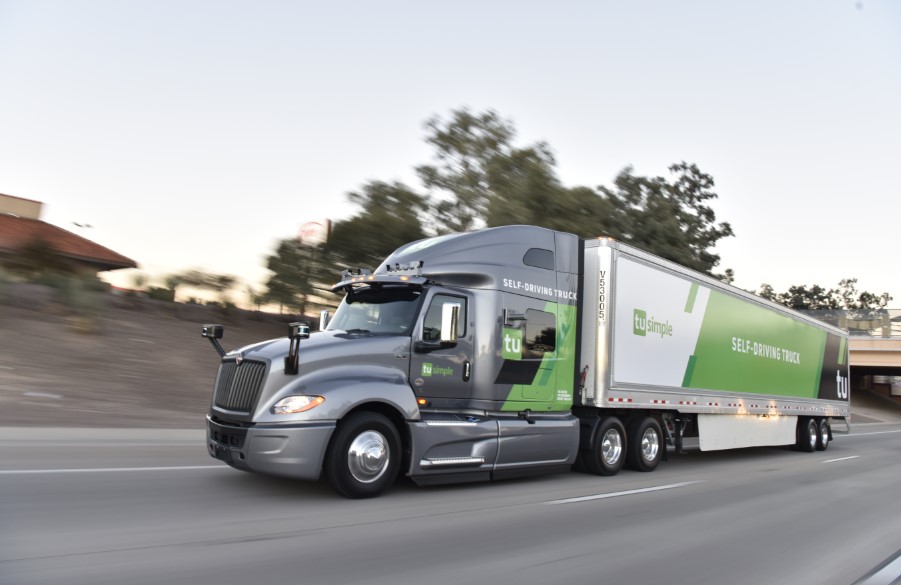In a significant development, autonomous trucking company TuSimple Holdings has announced its decision to wind down operations in the United States, cutting 75 percent of its remaining workforce in the country. This strategic move comes as part of a broader restructuring initiative approved by TuSimple’s board of directors, which involves laying off approximately 150 employees globally, constituting 19 percent of the company’s workforce.
TuSimple’s remaining US employees will be tasked with the responsible closure of the company’s US operations, including the sale of assets, as part of its planned shift to the Asia-Pacific region. This move signals a substantial shift in focus, potentially marking the end of major autonomous truck development programs in the US.
The company, once hailed as a star in the global autonomous driving sector and a leader in US self-driving truck development, has faced numerous challenges over the past few years. Despite being an early proponent of self-driving truck software development, TuSimple has struggled with financial setbacks, corporate disputes, and a US government investigation since 2022.
TuSimple, which had around 1,400 employees in December last year, will see its workforce reduced to approximately 700 employees following these latest job cuts. The company’s stock, traded on the US market, has plummeted by 97 percent since its initial public offering in 2021.
One of TuSimple’s notable achievements was its partnership with American truck maker Navistar International in July 2020, aiming to co-develop advanced self-driving semi-trailer trucks set for production by 2024. Additionally, multinational package delivery company UPS took a minority stake in TuSimple in 2019, demonstrating confidence in the company’s potential.
Despite these partnerships, TuSimple faced challenges such as a government investigation by the Committee on Foreign Investment in the United States (CFIUS) in collaboration with the FBI and SEC in 2022. The inquiry focused on allegations of illegal funding or technology transfers to Hydron, a Chinese autonomous truck start-up established by a TuSimple co-founder. This controversy led to the firing of the co-founder and then-chief executive, Hou Xiaodi, in October last year after an internal investigation.
TuSimple’s struggles extended to financial performance, with the company reporting a net loss of US$61.4 million in the September quarter, compared to US$113.2 million in the same period the previous year. The company cited global economic challenges, reduced capital availability in the self-driving industry, and redundant hardware availability as contributing factors to its financial woes.
The decision to wind down US operations is not unprecedented in the autonomous trucking sector, as other key players, such as Waymo and Embark Technology, have also faced challenges and made adjustments to their development plans.
As TuSimple undergoes this significant restructuring, eyes are now on its future endeavors in the Asia-Pacific region. The autonomous trucking industry continues to evolve, and TuSimple’s strategic shift reflects the dynamic nature of this rapidly advancing technology.
(Source: San Diego Union-Tribune | SCMP)









